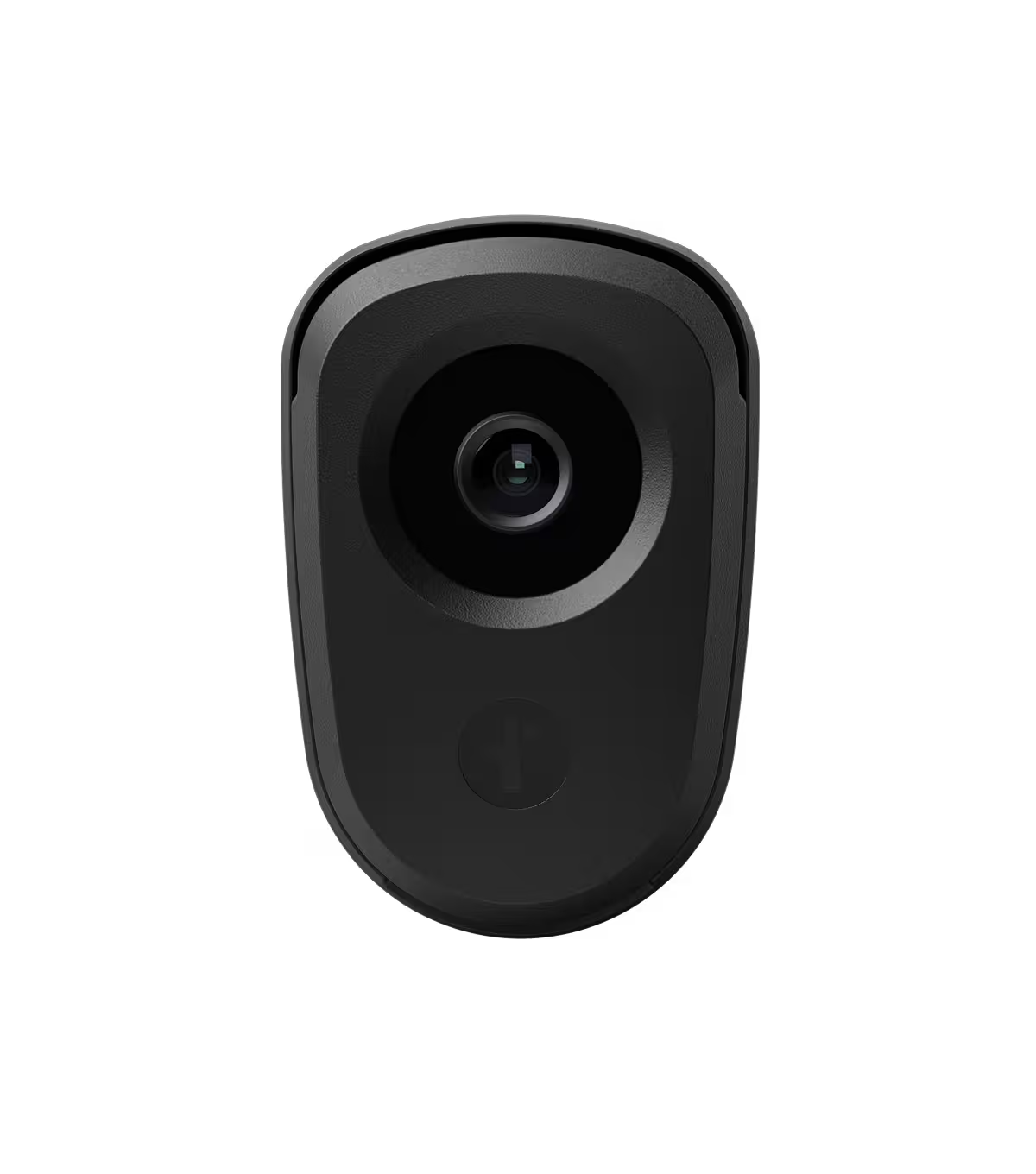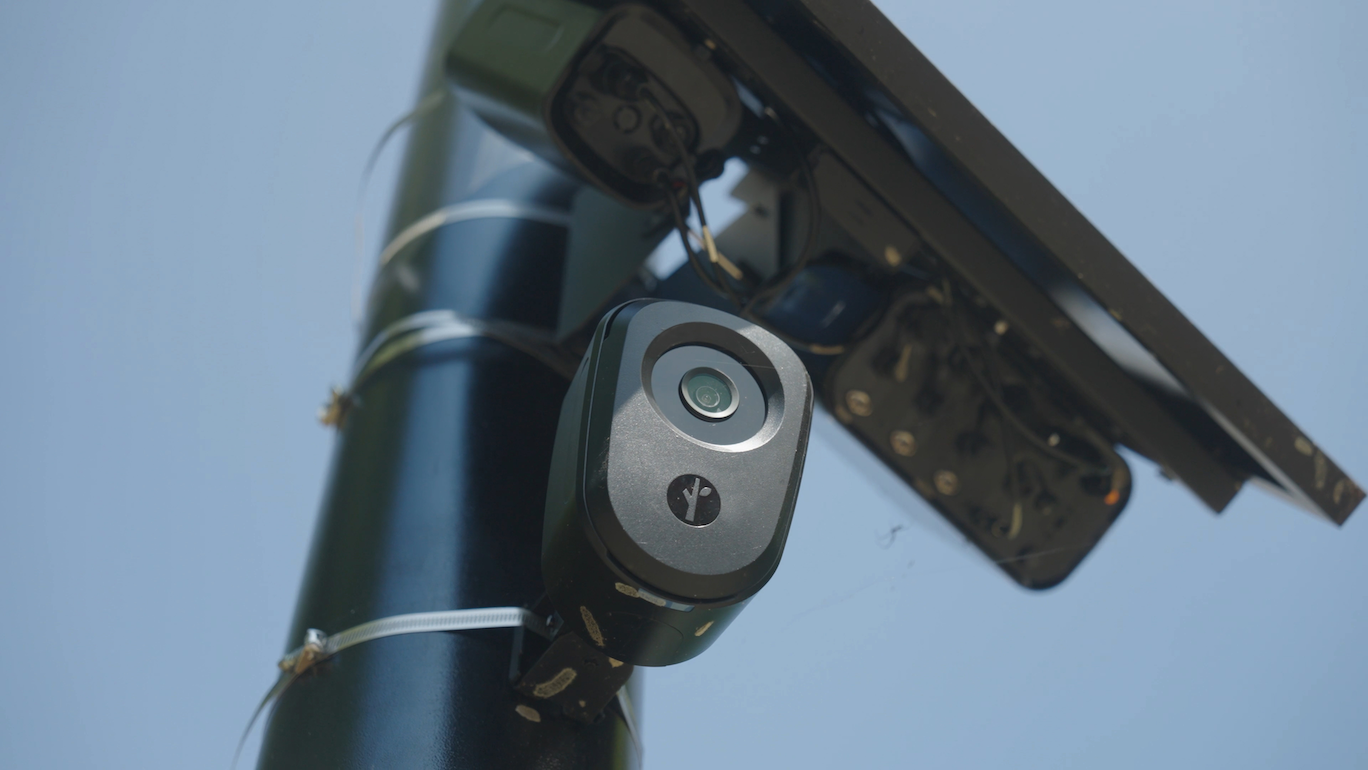


Earlier this month, an article was published that claimed Flock Safety, through our Flock Nova tool, is supplying data obtained from data breaches (also known as dark web data) to law enforcement agencies for the purpose of helping solve crime. Unfortunately, this article used dubious sources — rumors, early product discussions, and private, internal company discussions held in the name of transparency. Our aim is to correct the record on what Flock Nova actually does and does not do.
Product Policy Evaluations
While in early development stages, all Flock products go through a Policy Evaluation, led by our Policy team of attorneys and product leaders. This process starts with first principles: would this product contribute meaningfully toward a community becoming safer? And if so, does it align with our values of protecting individual privacy, enabling accountability and transparency, and ensuring democratic authorization? How can we mitigate any foreseeable risk associated with the use of a given product?
Then, the Evaluation considers the potential impact and any risks of each feature within the product, including legal, ethical, privacy, public opinion, and feasibility considerations.
The goal is to ensure the product or tool stands up to Flock’s ethical creed and is designed to deliver a safer future for communities nationwide.
Only once a product passes through this evaluation, and product leaders and executives have a chance to assess and mitigate potential risk, does it move into full-scale production and release.
Flock Nova Policy Evaluation
Flock Nova is a public safety platform that consolidates pre-authorized datasets for investigators. Built to address the increasing complexity of modern crime investigations, it breaks down traditional information silos by integrating data from Records Management Systems (RMS), Computer-Aided Dispatch (CAD), jail systems, License Plate Readers (LPR), Open-Source Intelligence (OSINT), and public records.
The key to understanding Flock Nova is that it consolidates, actions, and visualizes connections in data that a law enforcement agency already has access to and is using. Imagine you have an entire filing room full of documents, photos, and spreadsheets from the past 50 years, and you’re trying to find information on one event. Flock Nova is like the tenured Executive Assistant who put that first filing cabinet — and every one since — into that room, and knows exactly where to go when you need one file.
Flock Nova has been in Early Access with select law enforcement agencies for the past quarter, during which time the Product, Legal, Policy, and Technology teams at Flock have been evaluating and iterating on exactly how the product will work.
Flock Nova Will Not Supply Dark Web Data
As part of this process, we worked with all of the Flock Nova Early Access users to understand the data sources they were using, what additional sources could help them in their investigations, and how they utilized that data in their daily workflow. A source that came up as one some law enforcement agencies were already using was dark web data — data they sourced from breaches to serve a public safety reason.
Following the lengthy, intentional process described above, we have decided that Flock Nova will supply the following data sources: public records information, Open-Source Intelligence (OSINT), and License Plate Reader (LPR) data. The Flock Nova tool can also enable agencies to connect their Records Management Systems (RMS), Computer-Aided Dispatch (CAD), and data from jail systems, as well as all of the above from other agencies who agree to share that data.
The policy decision was also made that Flock will not supply dark web data. This means that Nova will not supply any data purchased from known data breaches or stolen data.
Nova will be backed by the same built-in privacy and transparency features as all Flock products:
- Accountability: All actions within the Nova platform are permanently recorded in a comprehensive CJIS compliant audit trail. While officers may have access to similar information through other means, centralizing it within Nova adds a crucial layer of transparency and accountability.
- Data accuracy and responsible use: Nova leverages federated data queries to access information in real time, minimizing the need to replicate or store data. This approach maintains data integrity, enhances security, and reduces the risk of relying on outdated or inaccurate information.
- Democratic authority: The process outlined above ensures that Nova does not compromise any commitments agencies have made to the public or elected officials regarding data retention or security. Additionally, Nova empowers agencies to define precise permissions, controlling which users can access specific types and amounts of data.
This decision showcases exactly what the policy review process was designed for — a thorough examination of the products we are building in, in the full light of day and with transparency across the company, so that all of our products align with Flock’s mission and ethics.





Protect What Matters Most.
Discover how communities across the country are using Flock to reduce crime and build safer neighborhoods.

.webp)




.png)



